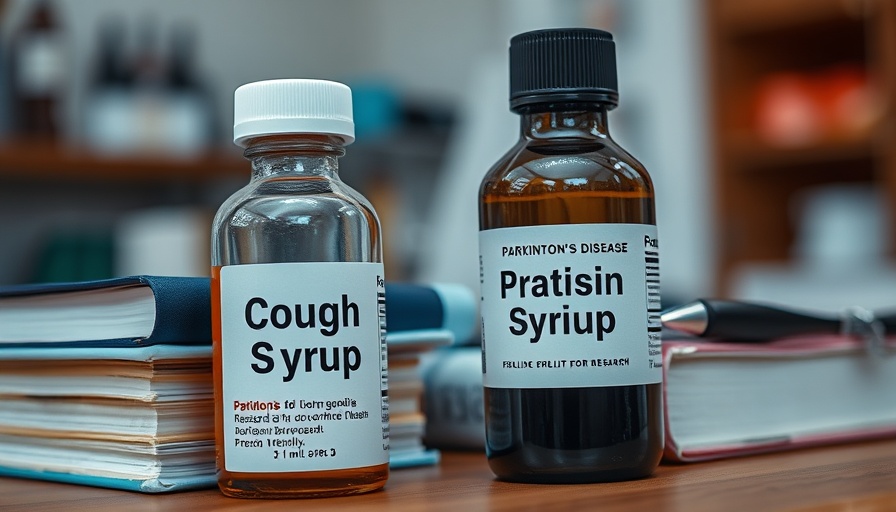
The Power of Swimming in Promoting Health for the Elderly
As we age, maintaining our physical health becomes increasingly important, and swimming has emerged as a favorite activity among seniors. Not only is this aquatic exercise low-impact, thus easy on the joints, but it also offers a full-body workout—a delightful combination of fitness and fun. For older individuals, swimming can significantly improve cardiovascular health, increase flexibility, and bolster muscle strength.
Why Swimming is Key to Active Living
Regular exercise is essential for preventing health issues associated with aging, such as heart disease and arthritis. Swimming addresses this need effectively. Unlike traditional workouts that may strain ligaments and joints, swimming provides buoyancy that allows seniors to engage in physical activity without exacerbating pain. When immersed in water, the body feels relief, making it an ideal environment for senior fitness.
Creating a Sustainable Swimming Routine
Transitioning from intention to action is where many struggle. Here are a few tips that can make swimming a long-term part of a healthy lifestyle. First, establish a regular schedule. Choose times that fit your routine—early mornings or late afternoons can be great slots for a swim while avoiding crowds. Secondly, consider joining a swim club or community class. Not only will this provide motivation, but it also creates a sense of camaraderie, making exercise more enjoyable.
Emotional and Community Benefits of Swimming
Beyond physical advantages, swimming fosters social connections. For many older adults, swimming can open doors to friendships that are vital for emotional well-being. Facilities often host swim classes specifically designed for seniors, providing a supportive environment where individuals can bond over shared goals. These connections can combat feelings of isolation that may arise in later years, making swimming not just a workout, but also a source of joy and community.
Tips for Getting Started with Swimming
For those who may be hesitant about diving in, here are some straightforward guidelines to ease the transition:
- Start Slow: If you haven't been active, begin with shorter swims to acclimatize your body. Gradually increase the duration as you become more comfortable.
- Focus on Technique: It’s worth taking a few lessons to learn proper swimming techniques. Efficient strokes not only improve your experience but also maximize the physical benefits.
- Invest in the Right Gear: Comfortable swimwear and accessories like goggles can enhance your experience. Look for clothing that allows freedom of movement.
Final Thoughts
Ultimately, adopting swimming as a regular activity can lead to significant health benefits for seniors. With its myriad of advantages, from physical fitness to social interactions, it's a well-rounded choice for maintaining health and vitality. So why not take the plunge? Your future self will thank you for it!
As you consider embracing a healthier lifestyle, start your swimming journey today. Dive into your local pool, join a class, or swim at your own pace—every stroke counts towards a healthier, happier you.
 Rij toevoegen
Rij toevoegen






Write A Comment